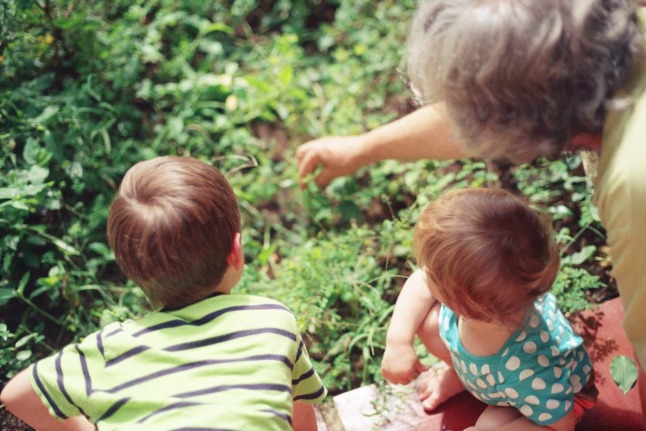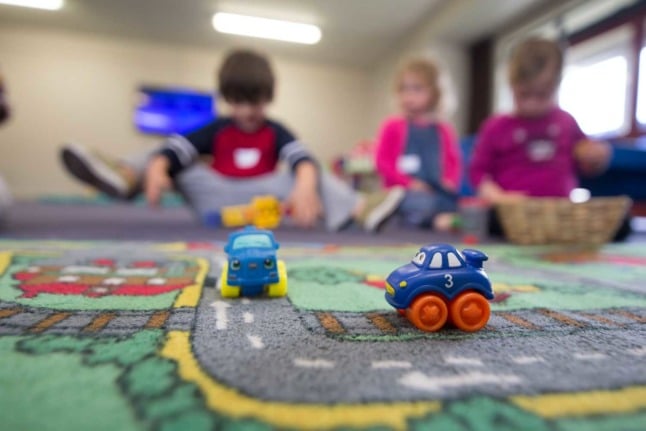Prior to the election, SF repeated its position that an industry recommendation over the ratio of staff to adults at Danish municipal daycare institutions, termed minimumsnormeringer in Danish, should be enforced by the government, with necessary funding.
The Danish union for childcare workers, BUPL, recommends a minimum ratio of 1 adult to 3 children in nurseries (roughly 0-3 year olds), and 1 adult to 6 children in kindergartens (roughly 3-5 year olds).
Parents across the country demonstrated earlier this year in an effort to see the ratios implemented.
READ ALSO: Why are so many parents in Denmark demonstrating over childcare?
“If (prime minister) Mette Frederiksen does not deliver this in the government outline, we will propose it as an amendment to the budget,” SF leader Pia Olsen Dyhr told newspaper Politiken prior to the election.
“And if we do not get it through in the budget, we won’t support the budget,” Dyhr added.
That position now appears to have changed, the newspaper reports.
The agreement reached by SF and the other three left wing parties on Tuesday night, paving the way for Frederiksen to become prime minister, states that the government will implement legally-enforced childcare ratios by 2025.
But the party’s parliamentary group leader Jacob Mark told Politiken that SF no longer had specific demands on the actual numbers.
“Nobody is saying it shouldn’t be three and six. That is still SF’s principle,” Mark told Politiken.
“But it is not ultimate,” he added.
BUPL leader Elisa Rimpler told Politiken she considered it crucial that the necessary funding was made available to ensure the stated childcare staffing.
“It would clearly be a concern if we began to see a retreat on the understanding of what a minimum is,” Rimpler said.
“If we go much further down, the limit would be so low that it would make no real difference,” she added.
READ ALSO: Election 2019: Frederiksen refuses to guarantee childcare ratios





 Please whitelist us to continue reading.
Please whitelist us to continue reading.
Member comments